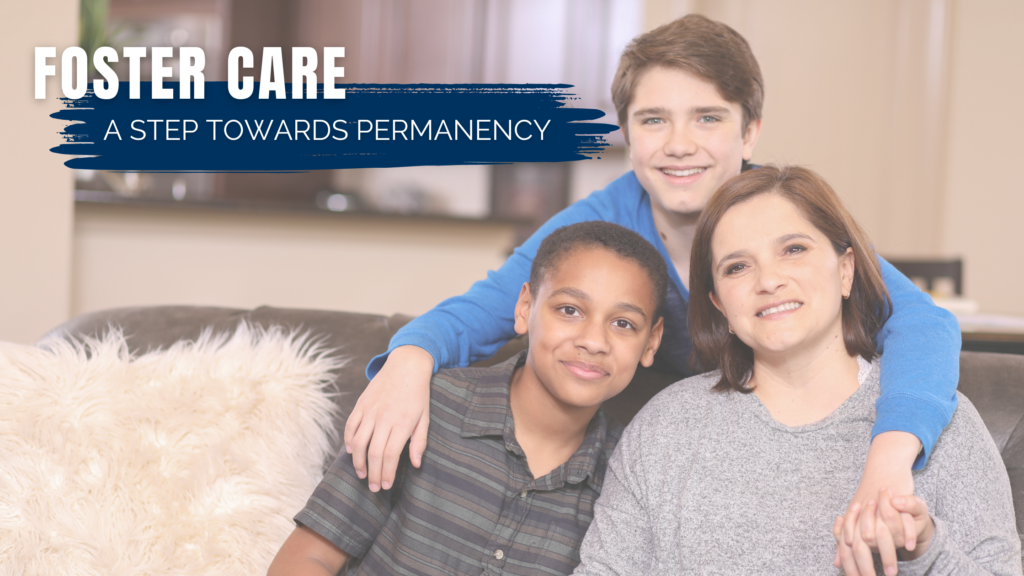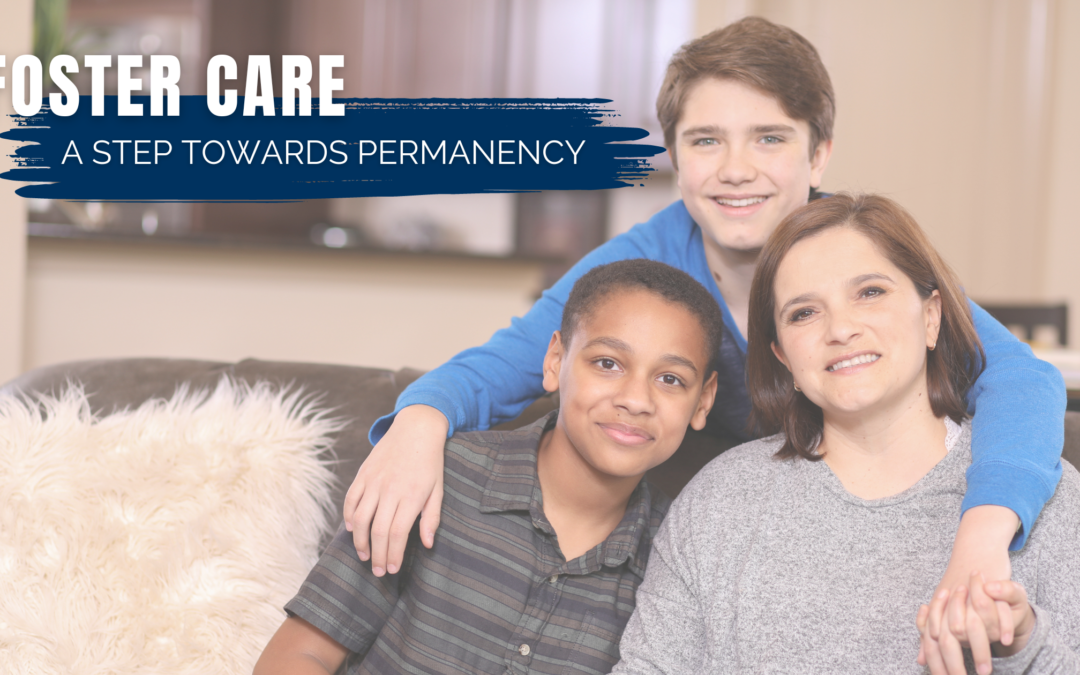
May is National Foster Care Month. What is Foster Care? It is the system that we established in the United States to provide a temporary home for children who, for their own protection, have been removed from the care of their family of origin.
It is a common misconception that Child Protective Services and/or Judges want to remove children from their homes. At Henrico CASA, we have not seen this to be true. Removing a child from their home, potentially the only home they have ever known, is a traumatic experience. There are two prerequisites considered before making this difficult decision:
- Would remaining in their current home be detrimental to the child’s welfare?
- Have reasonable efforts been made to prevent the child’s removal?
By definition, ‘foster’ means ‘stand-in’ or ‘substitute’. Hence, foster care is intended to be short term. This temporary arrangement provides safety to a child, while long term solutions are developed for their future security. The three long-term or permanency goals are typically:
- Reunification: A child reunites with their family of origin after the initial crisis is stabilized. In many cases, the Department of Social Services coordinates services and supports to ensure their wellbeing.
- Kinship Care: If reunification can not be achieved safely, it is preferential for a child to be placed in the care of a family member. This allows for a smoother transition because the child already has an established relationship with their new caregiver. ‘Kin’ refers to biological relatives or non-relatives who are considered to be as close as family.
- Adoption: There are difficult situations when it becomes clear that a biological parent will not be able to care for their child moving forward. In these cases, we hope for long-term safety, security, and love for a child – and that comes through adoption. A child may be adopted by a kinship caregiver, foster parent, or new adoptive family.
Every child and situation is unique! There is no one solution that makes sense for all… that’s why it is so important to have short-term care while the best possible long term decisions are developed. Our goal as advocates is always to increase a child’s overall well-being and strengthen their support systems for the future.








